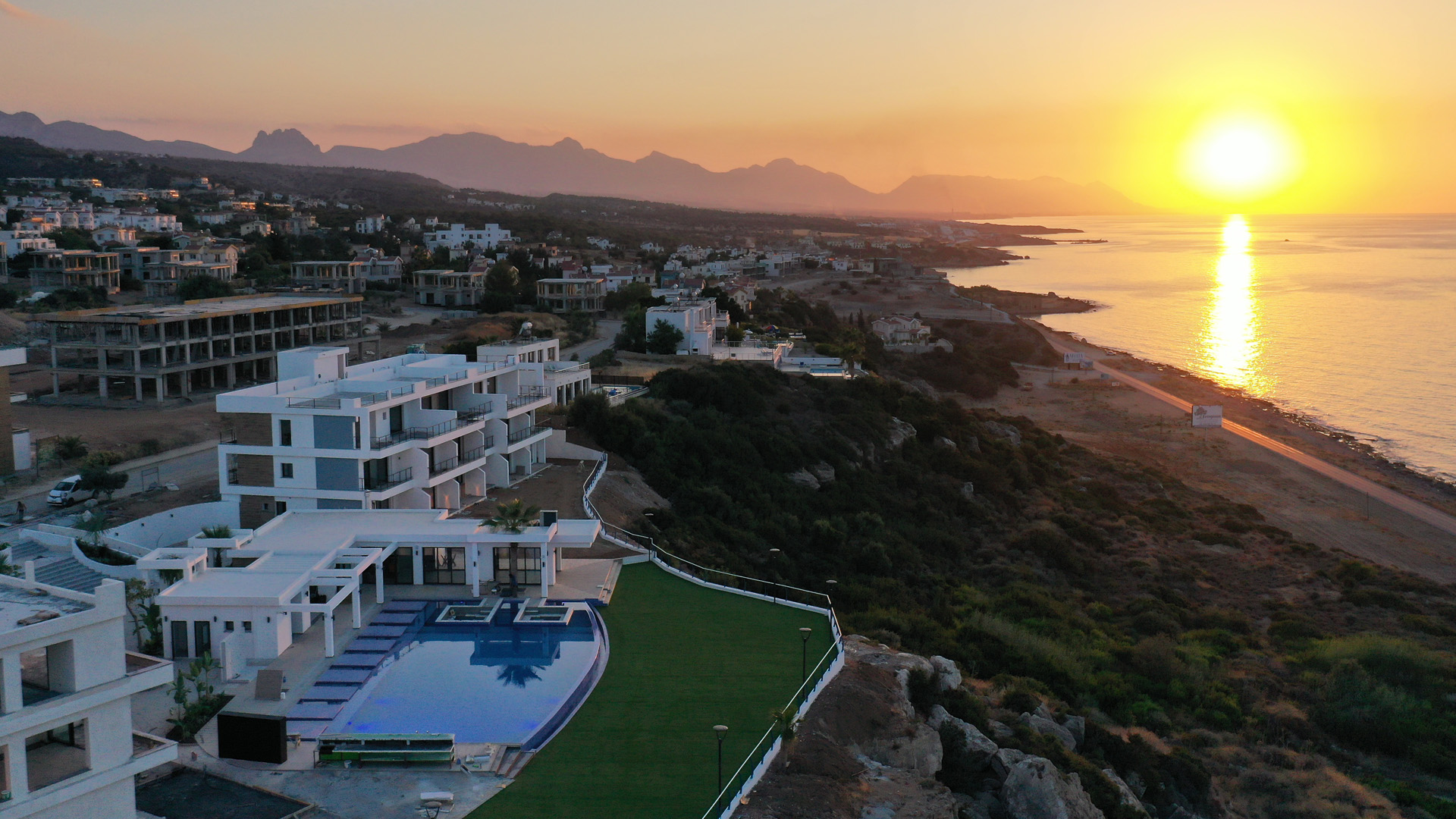A court will convene on Wednesday to decide whether Turkish-Israeli businessman Simon Aykut will be held until his trial or released on bail.
Aykut, 73, is being tried for developing on over €43 million worth of Greek Cypriot land in the north through his company Duminka part of the Afik group.
During a hearing on Tuesday, the court heard from prosecutor Vassilis Bissas that based on testimony he needs to remain in custody until the trial is complete.
Among other things, he referred to a statement given by Aykut’s driver shortly after his employer’s arrest.
According to the prosecutor, the businessman’s employee, when asked by a member of the police who the owner of Duminka is, replied that “The big boss of the company is Simon Mistriel Aykut”.
This was not the only testimony presented by the representative of the prosecution to show that Aykut is the mastermind of the usurpation.
Bissas referred to a testimony of well-known land development entrepreneur Savvas Kakos.
The latter testified to a police interrogator that he was talking to one of Aykut’s two sons, Jack Yaakov Afik, about possible cooperation with a view to a development in the Mackenzie area in Larnaca.
As part of their contacts, Yaakov took him on a tour of the Afik Group’s projects in the north and, as part of the visit, introduced him to his father, the accused.
As Kakos testified, Yaakov introduced his father to him as the boss of the business, using the term “big boss”.
In addition, Kakos testified that he toured of the Caesar Project in the north with Yaakov, where he was showed that approximately 7,000 apartments, 30 restaurants, cafeteria shops and waterparks were erected, and that buyers were Israelis, Russians, Iranian and other nationalities.
Bissas argued at length to support the seriousness of the charges against the 73-year-old, while presenting testimonies collected by the police to demonstrate that there are prospects of conviction of Aykut and therefore a visible risk of him fleeing the country before his trial.
The offence of money laundering involves the sum of €43.5 million. In the event of conviction, Aykut faces 14 years in prison.
Aykut was born in Izmir, lived in Israel and holds Israeli, Portuguese and Turkish passports, while he resides in the occupied village of Trikomo.
The defence, Maria Neophytou and Nicoletta Charalambidou, attempted to refute the prosecution’s case.
Neophytou referred to Aykut’s links with the Republic, as well as to property he owns in Larnaca, to show that he has links with the state-controlled areas and that he has no intention of fleeing.
She revealed before the three-judge panel that the Attorney General made a request for the freezing of a large property in Larnaca that is in her client’s name, a fact that had been concealed.
She also said that the 73-year-old is willing to post a €1 million bond.
Neophytou’s position was that her client is not involved with the Duminka construction company, which is behind the illegal developments.
She cited a document from an agency of the breakaway regime showing that the directors of Duminka are Aykut’s two sons.
She also questioned why the company in question was not included in the indictment, indicating elsewhere that it was an entity not recognised by the Republic of Cyprus, raising doubts about its legal status.
Neophytou also said that he has connections with the Republic, pointing to Aykut’s relatives (daughter, nieces, nephews and other members of his extended family), who were all present in the court room.







Click here to change your cookie preferences